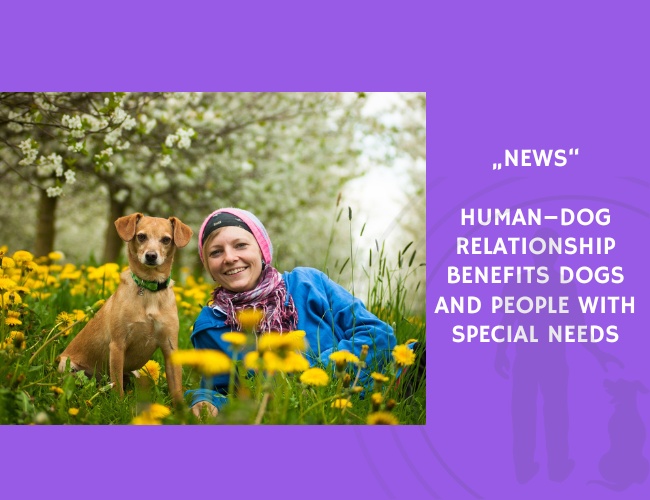The human–dog relationship (HDR) extends far beyond companionship. According to David Menor-Campos and colleagues (2023), dogs benefit from emotional enrichment and stress-free environments when they share close bonds with their human caregivers. This mutual connection not only enhances canine welfare but also serves as a vital support mechanism for humans with special needs.
The review highlights that dogs act as service animals for people with conditions such as blindness, deafness, mobility limitations, cardiovascular disorders, epilepsy, diabetes, depression, and autism. These roles provide humans with functional independence and emotional stability, while dogs experience increased mental stimulation, physical activity, and social bonding through meaningful interactions.
Importantly, positive HDR promotes wellbeing in both species. For humans, this includes improved health outcomes, psychological support, and reduced social isolation. For dogs, close companionship with humans encourages engagement in pleasant, low-stress situations that nurture positive emotional states. The authors stress that fostering such balanced relationships is key to sustaining long-term welfare benefits for both dogs and their human partners.
Overall, this study underscores that HDR is not a one-sided dynamic but a mutually beneficial system that advances welfare, independence, and emotional resilience across species.
Source: Menor-Campos, D., Gazzano, A., Lezama-García, K., Domínguez-Oliva, A., Ogi, A., & Mota-Rojas, D. (2023). Human-Dog-Relationship and its positive effects on dogs and their humans with special needs. Journal of Animal Behaviour and Biometeorology. Authors: David Menor-Campos, Angelo Gazzano, Karla Lezama-García, Ana Domínguez-Oliva, Akira Ogi, Daniel Mota-Rojas. Journal: Journal of Animal Behaviour and Biometeorology.










